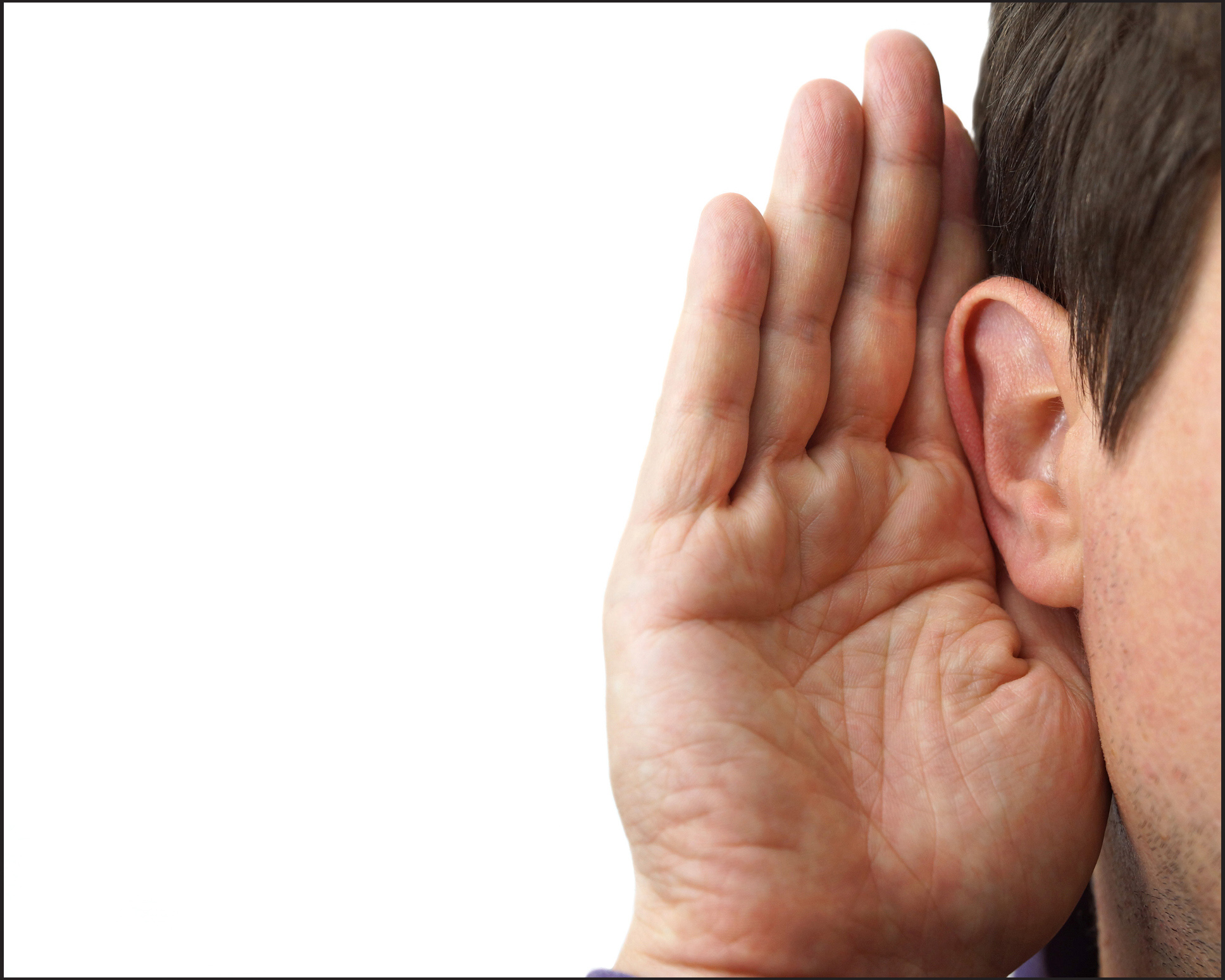5 Nutrients to Fight Hearing Loss

Cars, planes, concerts, and fireworks. What do these all have in common? (No, we’re not talking about traveling and the 4th of July). All of these are examples of things that lead to noise-induced hearing loss.
There’s about 10 million U.S adults who suffer from noise-induced hearing loss, with around 40 million that are affected by tinnitus (chronic ringing in the ears). The scary part is that the number of people affected by hearing loss is increasing, and it’s developing at younger and younger ages.
One of the reasons for these changes may be due to the rise in the use of personal listening devices like headphones and Bluetooth, as they’re often listened to at volumes that are sufficient to cause hearing loss.
How Does Hearing Loss Happen?
The ear isn’t that big, but it’s quite complex…so we’re going to go over the basics of how hearing loss occurs.
The inner ear is filled with fluid and is lined with specialized nerve and hair cells.
When there’s a noise, it causes the fluid to move, which generates electrical impulses that are then processed into the sound you hear.
When a noise is loud, it causes hair cells to die which results in hearing loss. Impulse noise (sudden loud noise) poses a higher risk than continuous noise. If you’re exposed to continuous loud noise like loud traffic or power tools, you can wear ear plugs to muffle the noise. However, sometimes impulse noise comes without notice, which is why it’s important to make sure that you’re taking the necessary precautions to reduce the damage that it causes to your hearing.
Even if you’re not exposed to noises that you’d consider to be loud, you’re involuntarily exposed to a constant level of noise due to the natural environment, making it even more crucial to protect your ears at all times.
The maximum safe level of sound is 70 decibels, but many people are exposed to sound levels above 74 decibels on a daily basis (public transport sound levels themselves can even exceed 79 decibels)!
Supplements That Help Protect Against Hearing Loss
Those who are aware that they will be exposed to loud noise (for example: construction and factory workers, hunters, as well as concert performers and staff) can take precaution by wearing ear plugs, which can help dampen the sound while still allowing you to hear conversations and music at a safer decibel.
In addition to ear plugs, here are some supplements that have shown to protect your ears to keep your hearing at its sharpest.
1. Magnesium has been repeatedly shown to decrease the frequency and severity of hearing loss. Impressively, many of these studies were done in military settings where exposure to loud noise takes place on a regular basis.
2. N-acetyl cysteine (NAC) and acetyl L-carnitine (ALC) provide potent antioxidant defense and cellular energy support, respectively. Both of these properties help to protect hearing from loud noise before and after exposure. NAC and ALC have shown to guard against ear hair cell loss up to four hours after noise exposure!
3. Lipoic acid is another antioxidant that counteracts free-radical damage to the hearing process caused by impulse noise.
4. Melatonin offers more than sleep support! It also reduces ear damage and has shown to protect hearing better than some medications! Furthermore, melatonin can help decrease symptoms of tinnitus.
5. Taurine has been found to reverse some of the processes that cause hearing loss. In addition to helping to keep hair cell function restored, studies have demonstrated that taurine can reduce (and in some cases, eliminate) ringing in the ears.
The Bottom Line
Wherever you are and whatever you do, you’re exposed to noise at varying levels of loudness, most of which are enough to impart ear damage. Don’t wait until it’s too late to optimize your defense against noise-induced hearing loss.
